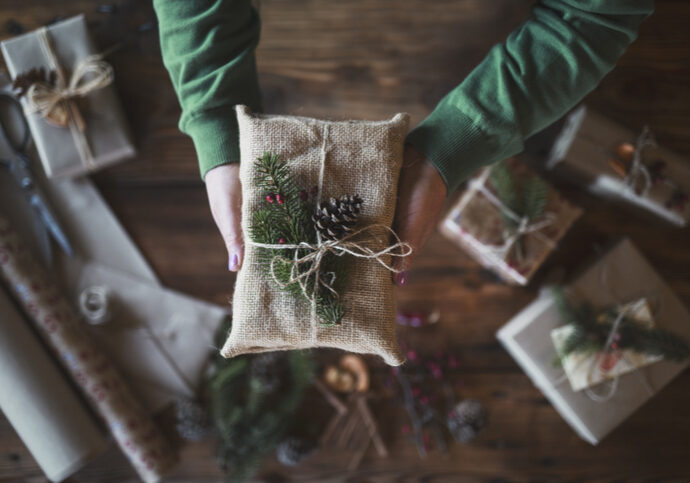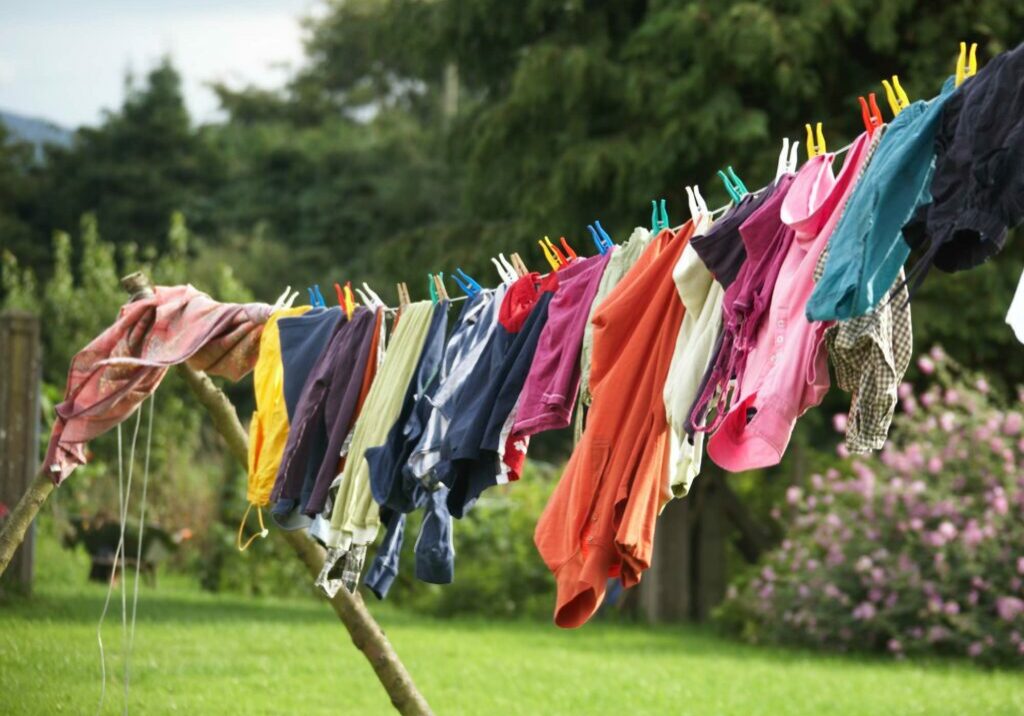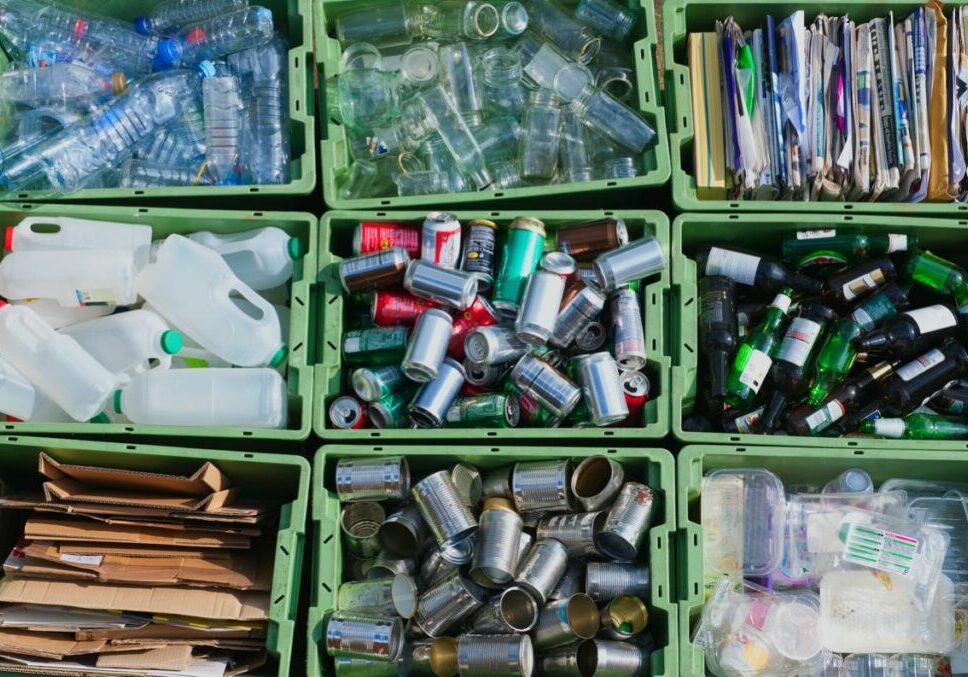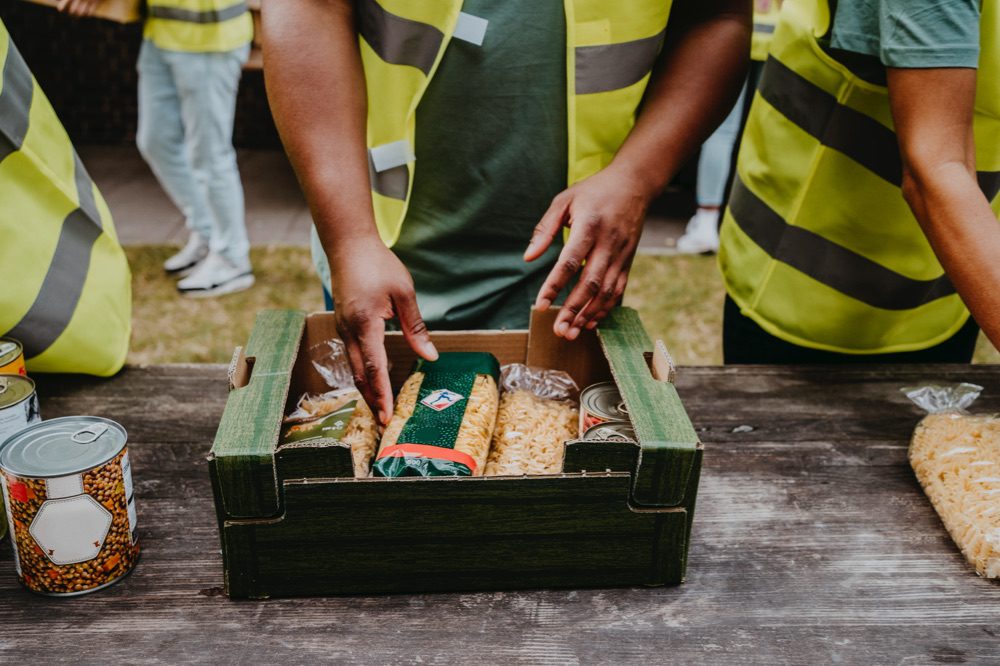
1. Food for thought
If you receive a few too many boxes of chocolates this Christmas, or find yourself with an overstocked store cupboard, spread the joy of the season by donating unwanted food to your local food bank. You’ll need to make sure all items are unopened, in date and non-perishable. For unopened fresh food, find out if there’s a community fridge near you. Remember that donating food doesn’t have to mean tinned tomatoes and packets of pasta – little luxuries are always appreciated at any time of year.
2. Cook smart with leftovers
Using up leftovers doesn’t need to mean eating the same meal on repeat – get creative! There are classic post-Christmas dishes like bubble and squeak or nut roast sandwiches, or you could put leftovers into a hearty pie. Extra vegetables can be easily made into warming winter soups, or you could make a seasonal slaw with brussels sprouts. Make leftovers go even further by turning them into meals that can be frozen.
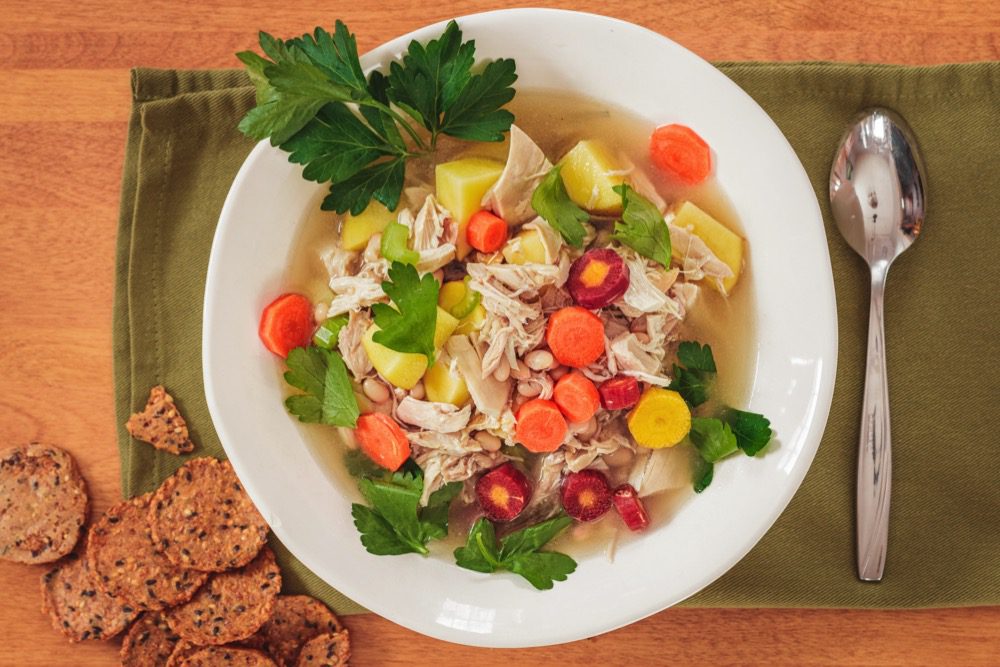
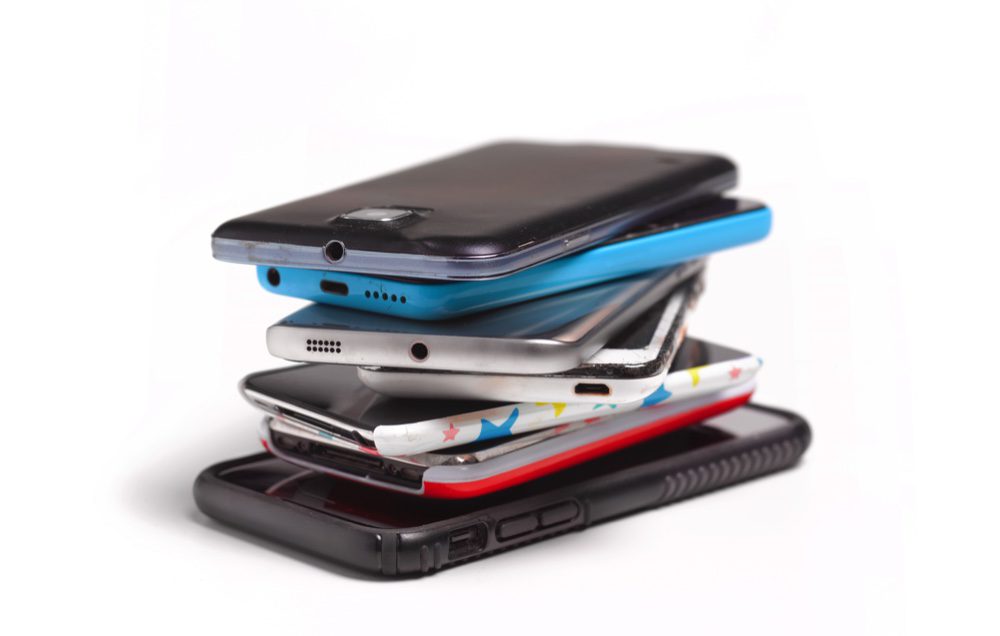
3. Trade in your tech
If you’ve received a new phone or tablet for Christmas, don’t leave your old devices to gather dust. Sell your unwanted but working tech, or donate it to local groups or charities to keep it in circulation. If an old device has reached the end of its life, don’t throw it in the bin – hand it in to a shop that recycles technology. Our partnership with Vodafone is a great way to offload unwanted phones. Every phone collected will generate £1 for our work around the world – just drop your old handset in at your nearest Vodafone store.
4. Swap don’t shop
We’ve all probably received a gift that ends up stored under the bed or in the back of a drawer. Organise a new year gift-swap party for unwanted presents to find toys, clothes and books the loving home they deserve. Alternatively, work out if they could be ’re-gifted’ to someone, or donate them to charity shops or local groups that could use them. Food banks will also accept essential non-food items such as toiletries – so add any unopened things like bubble bath or hand cream to your bag of food donations.
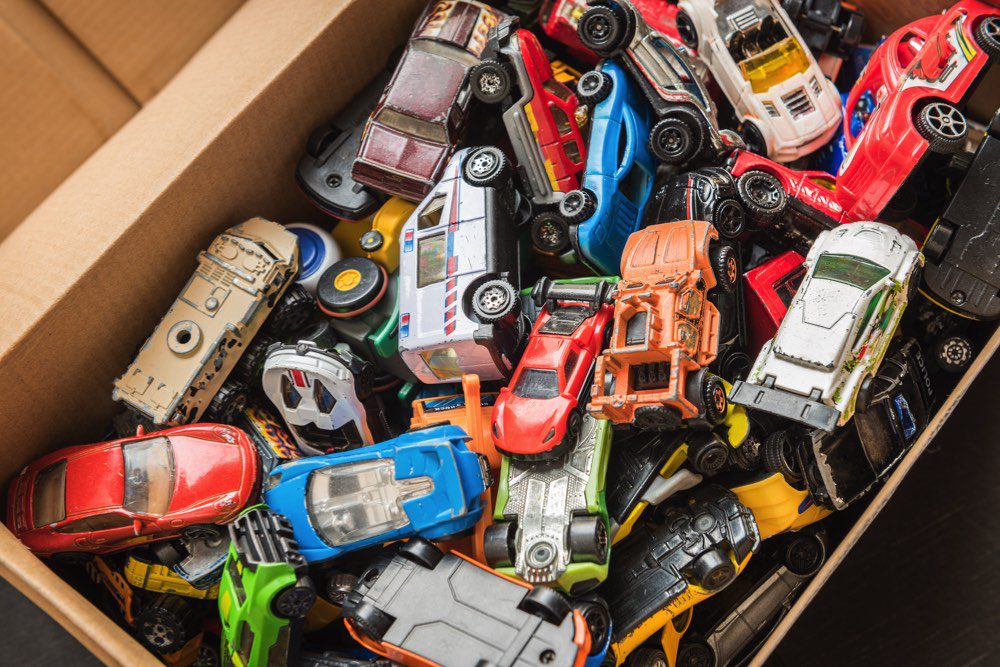
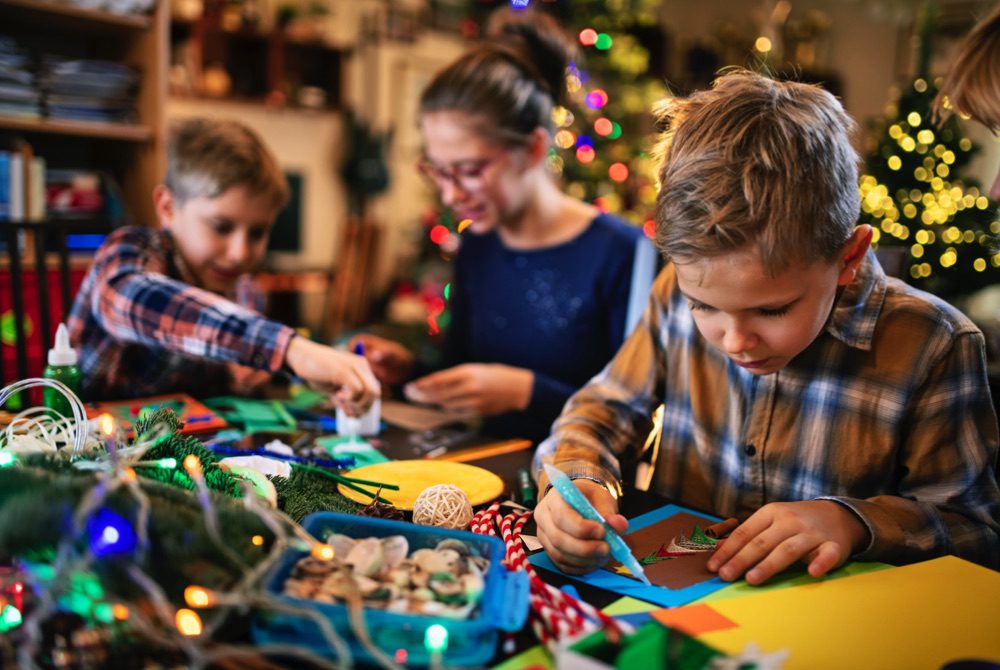
5. Get creative with cards
Turn this year’s Christmas cards into next year’s gift tags by cutting off the fronts, punching out holes and adding a string or ribbon (reused if possible). Create simple tags by cutting them into strips, or try cutting out shapes such as circles and stars. You could even use them as tree decorations, or turn them into a festive garland or bunting. If you recycle your cards, remove any embellishments and the foam or glue dots that attach them. Don’t recycle cards with glitter on.
6. Unwrap and reuse
It’s fun to rip into presents, but by unwrapping your gifts carefully you can save the paper to reuse next year. You could also use scraps of paper for next year’s Christmas craft projects. Keep any gift bags to reuse, too. When recycling wrapping paper, use the ‘scrunch test’ to check if it’s recyclable. Get a piece of wrapping paper and crumple it into a tight ball – if the paper stays in its ball, it’s recyclable. Remember to remove the sticky tape before recycling, too.
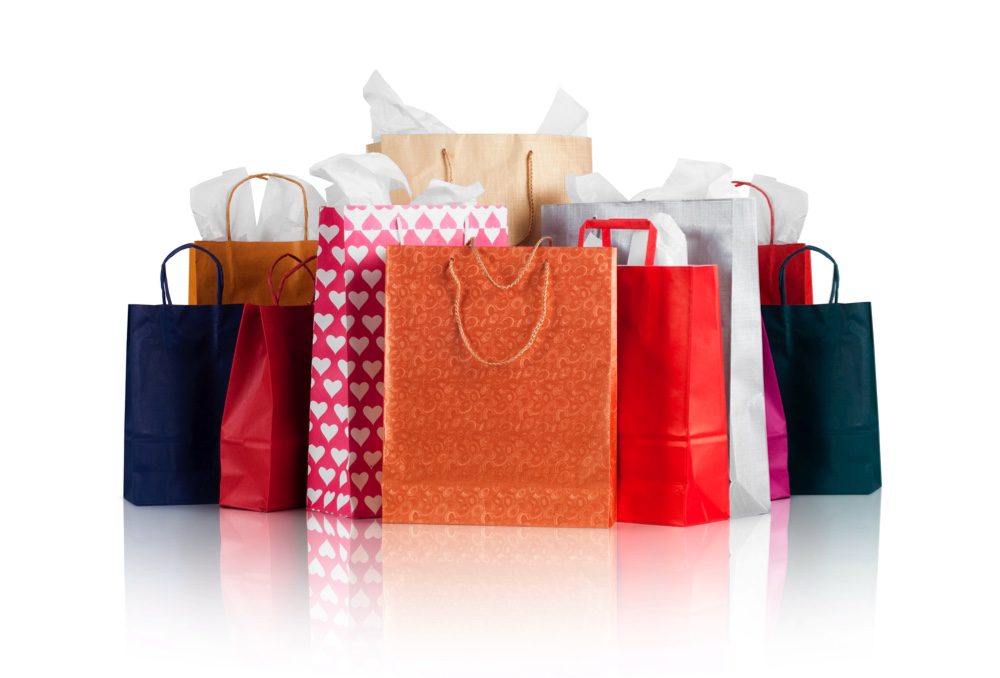
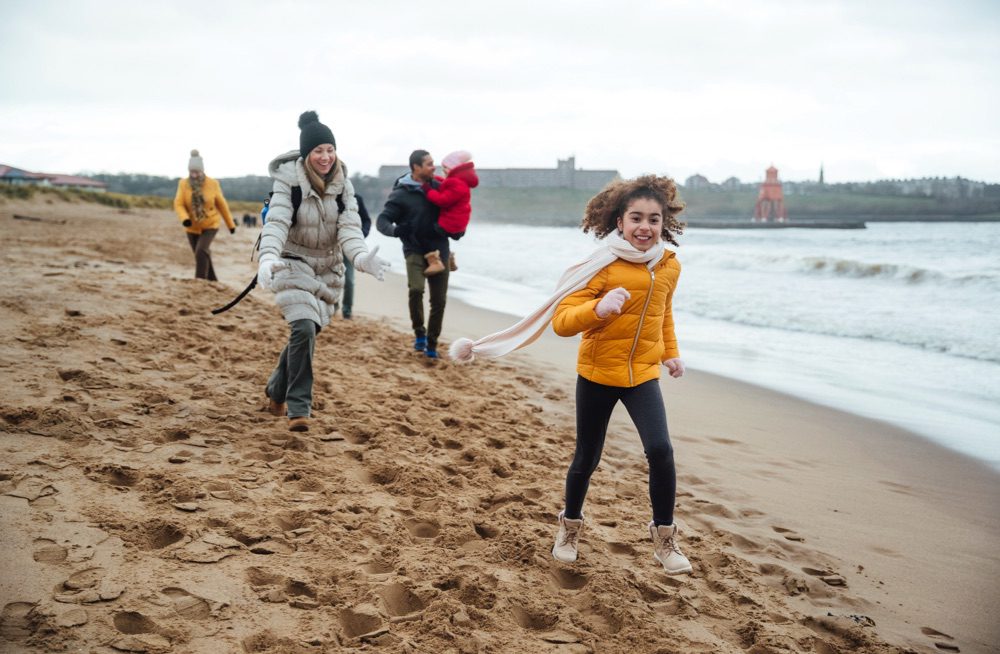
7. Skip the sales
The best way to prevent waste is to not buy new things in the first place, so don’t be tempted by the January sales. Take a good look at what you already have – go ‘shopping’ in your wardrobe and rediscover clothes you’d forgotten about. If you love something that no longer fits then turn it into another piece of clothing or a cushion. If hitting the sales is a Boxing Day tradition, find a new activity, such as a winter woodland walk or nature scavenger hunt. Visit charity shops to get your shopping fix in the new year.
8. Get creative
If you have the luxury of time off, use ‘betwixtmas’ – the week between Christmas and New Year – to learn a new skill that will help reduce your footprint in the long run. This could be learning to repair clothes, or how to make your own beeswax food wraps. Could you use the time to finally fix that thing you’ve been meaning to mend all year? You could also look at switching to a greener energy supplier, an ethical bank and an ethical pensions scheme (check out the Make My Money Matter campaign).
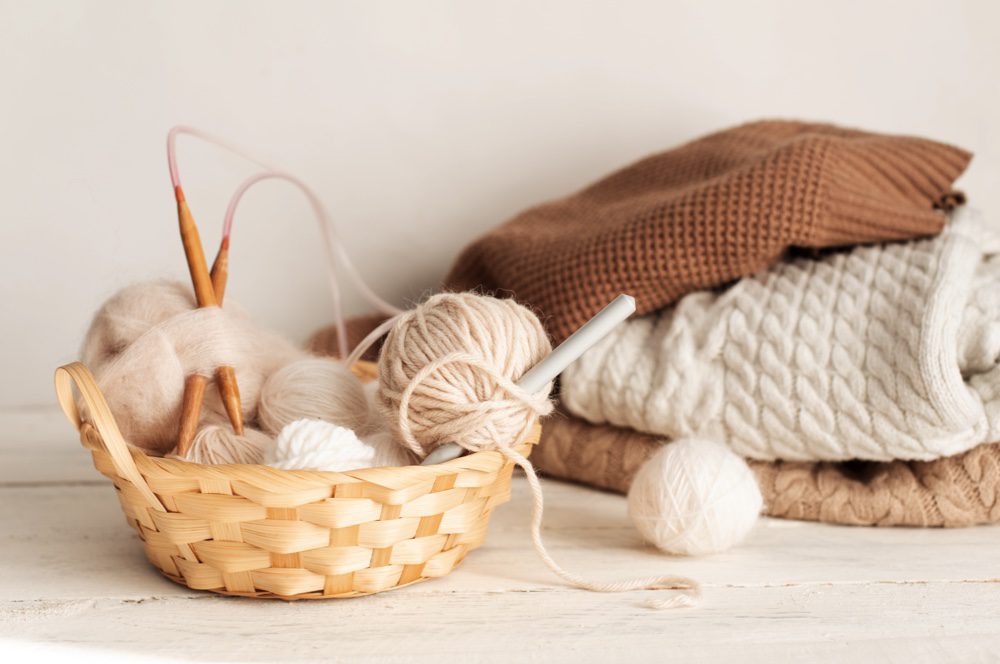

9. Top tree tips
If you have a real Christmas tree, you can boil the pine needles to fill your home with a fresh, festive scent in the new year. Make sure to dispose of your tree responsibly – never dump it in local woodland as this spreads invasive species and harms ecosystems. Check with your local council to see if there’s a tree collection service, or take it to a designated Christmas tree recycling centre. If you have a living, potted tree, you can keep it in its pot and look after it outside before bringing it back in next year.
10. Perfect preparation
Make a note in your diary to plan next Christmas early. Take note of the food you ate over the festive period this year – did you buy too much of something, or is there a food that wasn’t so popular with guests? If so, work out what and how much you should buy next year and write it down to avoid wasting anything. Get ahead by making presents early, and keep an eye out for second-hand gifts throughout the year so that you’re less likely to end up panic-buying brand-new items nearer the time.
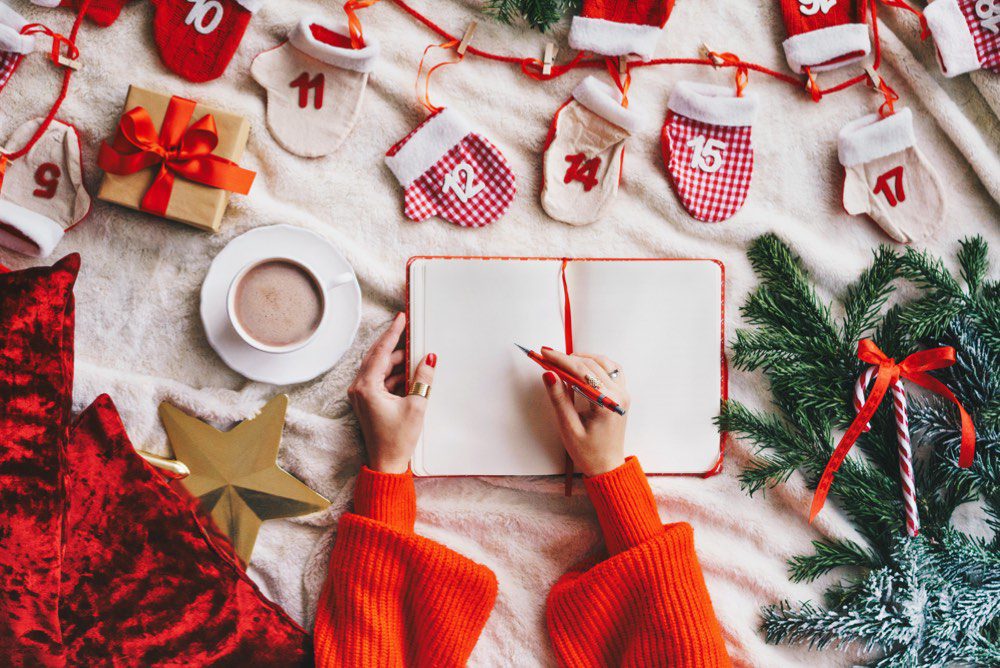
ALL IMAGES © GETTY IMAGES
Make more changes
There are more great ideas for reducing your impact on the environment in the My Footprint app. Download it today and set yourself some sustainability challenges!
